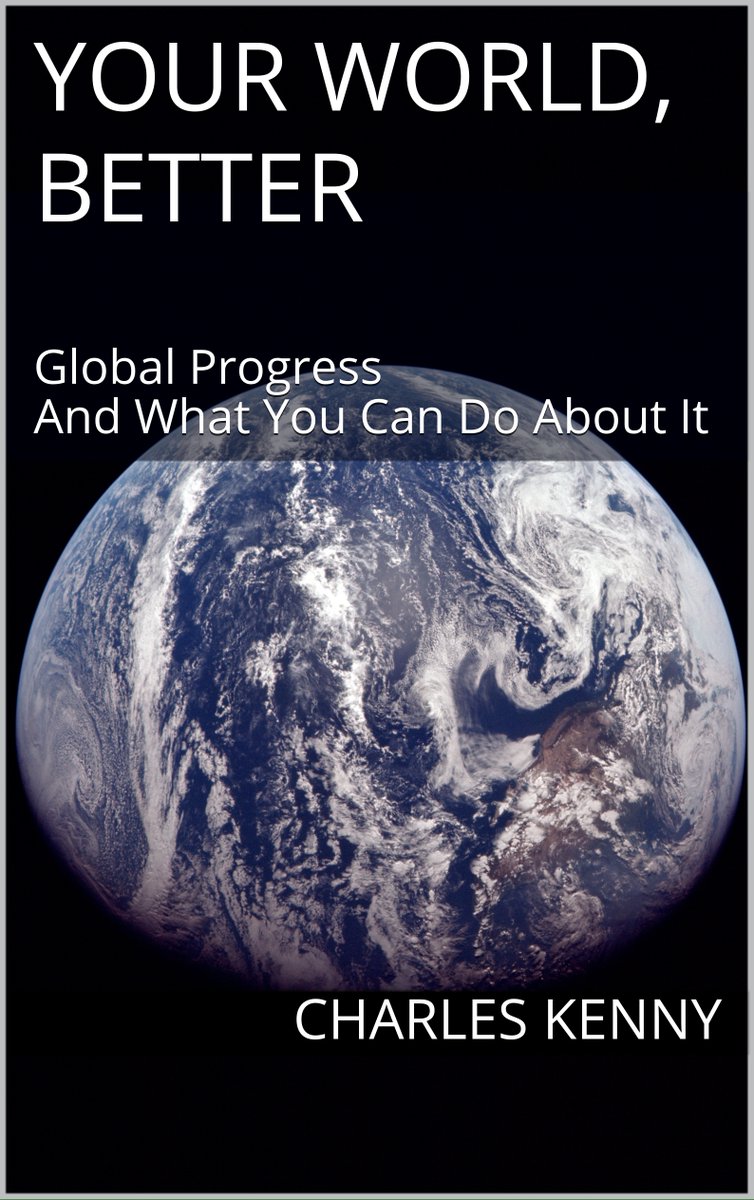
I just got vaccinated by a woman born in Vietnam, with a vaccine created by two Turkish refugees living in Germany and manufactured by a US company run by a Greek migrant. Thank you, world.
(Apologies re. "Turkish refugees" actually a Turkish migrant and a German born to Turkish parents).
See also the Ebola vaccine, a combination of donors help pay for the vaccinations, it was developed by researchers in US, Germany, Canada, vaccine trials in nine countries, support from WHO.
And of course smallpox eradication via vaccination, including coordinated support from the Soviet Union and the US in the midst of the Cold War as part of a truly massive, truly global effort.
The world is so much stronger against pandemics when it works together.
The world is so much stronger against pandemics when it works together.
(Back to the Pfizer jab: note also this: vital contribution by US and French researchers....
...
https://twitter.com/barac_nieto/status/1379755614658789378
...
...and this blog which suggests ingredients supplied from UK, bioreactor bags from France, LNP manufacture and combination in Germany and the US involving Canadian technology, and vials potentially from manufacturers in Mexico, Poland, Italy, India...
blog.jonasneubert.com/2021/01/10/exp…
blog.jonasneubert.com/2021/01/10/exp…
And yet, for all of the global cooperation, we get this.
I'm hugely grateful for my shot, but the world as a whole should get access to vaccines *fast.* Covid-19 won't be over until it is over everywhere.
I'm hugely grateful for my shot, but the world as a whole should get access to vaccines *fast.* Covid-19 won't be over until it is over everywhere.
https://twitter.com/glassmanamanda/status/1379759367906557958
(PS, for all of the people replying "for a virus made in China," it is true a globalized world does mean diseases spread far from their origin -take the 1918 flu pandemic that may well have broken out in Kansas and killed >21 million worldwide...
ncbi.nlm.nih.gov/pmc/articles/P…
ncbi.nlm.nih.gov/pmc/articles/P…
...or think of the diseases spread by European explorers including Columbus and Vasco da Gama that wiped out whole civilizations.
But that this has been going on since the age of sail suggests how much you'd have to shut down globalization to stop disease spread....
But that this has been going on since the age of sail suggests how much you'd have to shut down globalization to stop disease spread....
...unless you want to go back to the world of the 1400s (a time when life expectancy is in the 30s, most parents bury at least one child before the age of five) the only answer is to leverage the power of global connections to respond to disease, not shut down globalization.)
• • •
Missing some Tweet in this thread? You can try to
force a refresh






